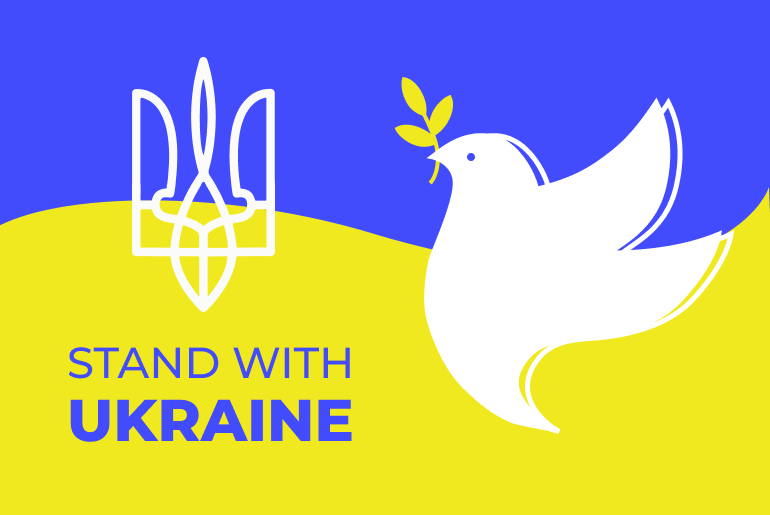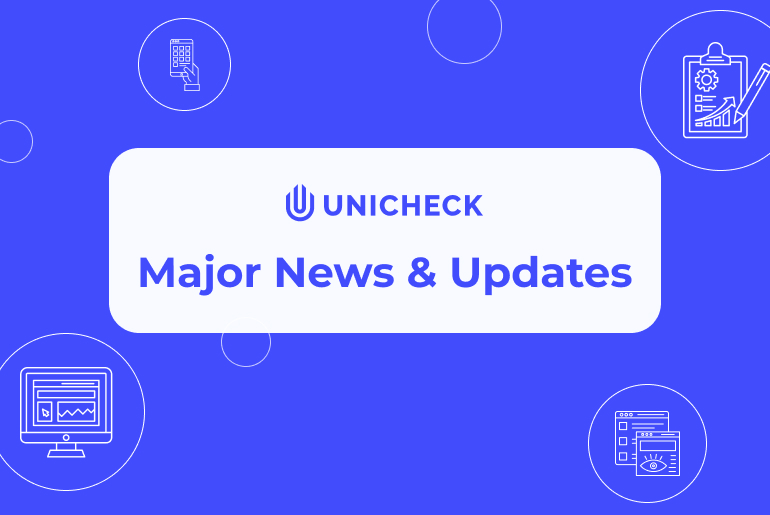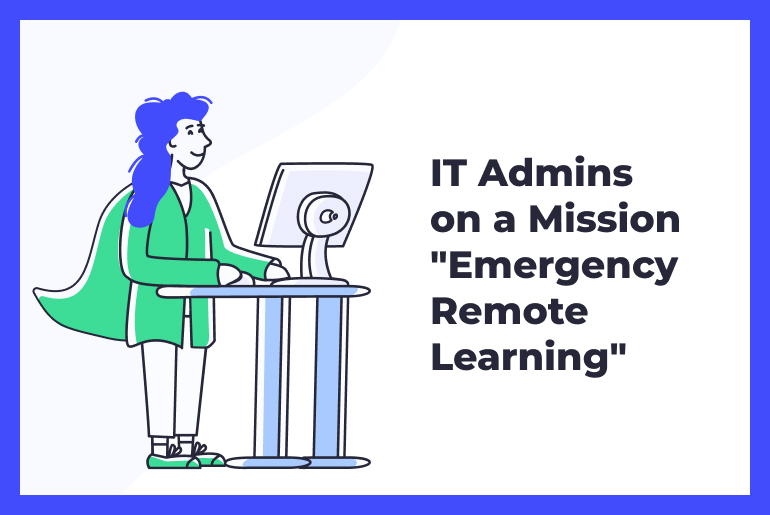We cannot avoid or ignore what is currently happening in our homeland, Ukraine. Since the invasion began, thousands of citizens…
The following rules and regulations (the “Official Rules”) govern the Unicheck giveaway in Twitter (the “Sweepstakes”) dedicated to CanvasCon 2020, sponsored by Plagix LLC (“Sponsor”), located at 2101 Webster Street, 1800, Oakland, CA 94612.
NO PURCHASE IS NECESSARY TO ENTER OR WIN. A PURCHASE WILL NOT INCREASE YOUR CHANCES OF WINNING. ALL FEDERAL, STATE, LOCAL, AND MUNICIPAL LAWS AND REGULATIONS APPLY. VOID WHERE PROHIBITED.
Official Rules
The following rules and regulations (the “Official Rules”) govern the Unicheck webinar “4 Tips to Encourage Creative and Original Discussions” Sweepstakes (the “Sweepstakes”) sponsored by Plagix LLC (“Sponsor”), located at 2101 Webster Street, 1800, Oakland, CA 94612.
NO PURCHASE IS NECESSARY TO ENTER OR WIN. A PURCHASE WILL NOT INCREASE YOUR CHANCES OF WINNING. ALL FEDERAL, STATE, LOCAL, AND MUNICIPAL LAWS AND REGULATIONS APPLY. VOID WHERE PROHIBITED.
Despite all the challenges that 2020 has already brought, or better to say due to those difficulties, Unicheck has united the team on the front line for our users. We continue to actively develop newly requested functionality that will help you get the most out of plagiarism prevention in the new, fully online teaching routine.
Traditional academia is gone. We don’t need to be in a specific location to be learning. A couple of clicks and we’re already “in the classroom.” Technology plays a vital role in this change. What’s more, Generation Z, for whom tech has been an integral part of their lives since birth, are now students. Not to mention, “life-long learning” has become a new normal too. All these scholars have added a lot of work to academic institutions as they digest information differently from previous generations, and value mobility and freedom of choice over restrictions.
Without a doubt, these times are new and stressful for all of us. And even more do we want to keep in touch with you and do our best to help you go through these uncharted territories stronger, smarter, and even more professional than before.
A novel coronavirus pandemic continues to cause a stir. COVID-19 cases are said to be spreading like wildfire and will reach a global peak before everything starts to slow down.
According to the official statement made by the World Health Organization, the pandemic outside China has grown 13-fold, which is a clear sign that academic institutions across the world will have to suspend studies or switch to online instruction.
Meanwhile, dozens of colleges and universities in the US, as well as the 27 EU countries and the UK, have chosen to close in-person classes until late March or early April.
Next week, on June 17-19, in Anaheim, California, a unique event on innovative and effective online education is going to take place. Online Teaching Conference 2019 is a real opportunity for educators to cooperate with colleagues, connect, share knowledge and best practices, and further their professional development.
The Online Teaching Conference California is focused on pedagogy and technology to improve online learning and student success.
The first day features pre-conference workshops. Instructors will hold lectures on relevant topics like interaction with Canvas LMS, accessibility, video tools—everything required for building effective online courses and classes.
The second and third day will give visitors a deeper look into online course development and delivery. The educators will discuss how studies have smoothly moved online, commemorating the new era of shaping students’ success.
“Is a plagiarism checker reliable?” This question is a major concern for HigherEd and K-12, and we know why. Reliability includes everything from security and accessibility of the plagiarism prevention software to its ability to scale and to handle peak load.
With Amazon cloud hosting, Unicheck maintains effective data security that complies with GDPR and other modern data protection regulations.
With computer-related courses becoming an integral part of modern education, being able to detect the originality of code is growing more important.
Unlike common paper plagiarism, source code plagiarism is much easier to commit yet difficult to detect. Most of the existing plagiarism detection tools fail to accurately identify similarities concealed within plagiarized code due to poorly adopted algorithms. These tools are also usually difficult to launch, have bulky interfaces, and provide illegible results. All of these factors make a code plagiarism detector an obstacle rather than a helper.








